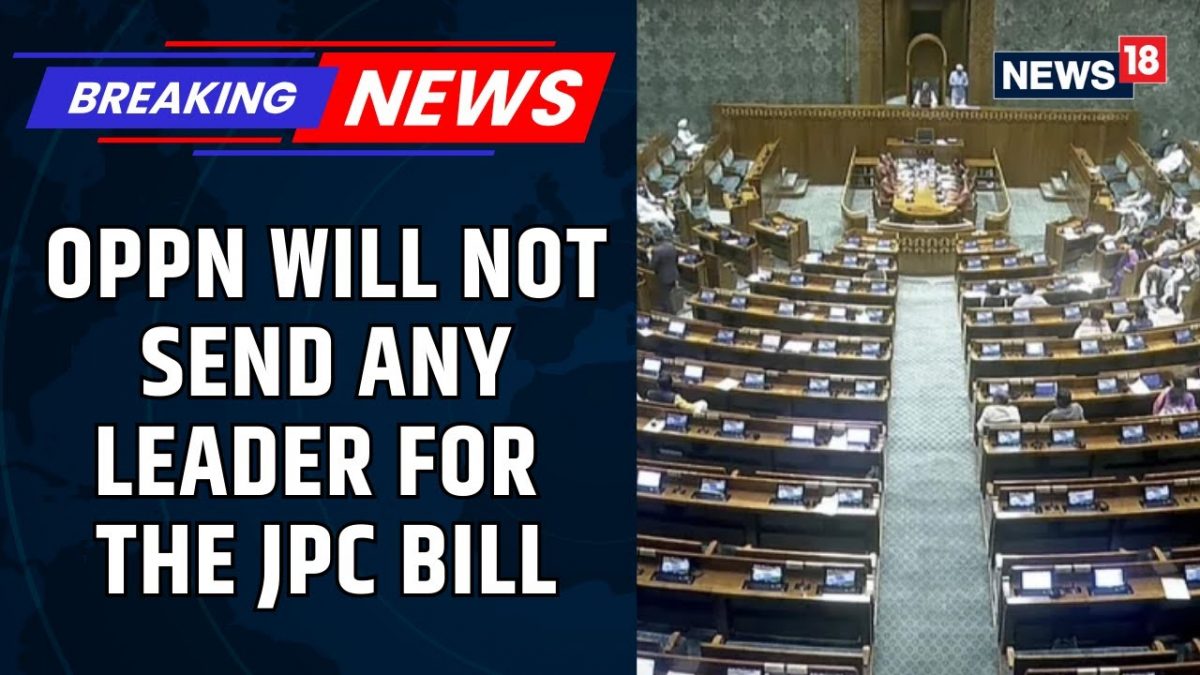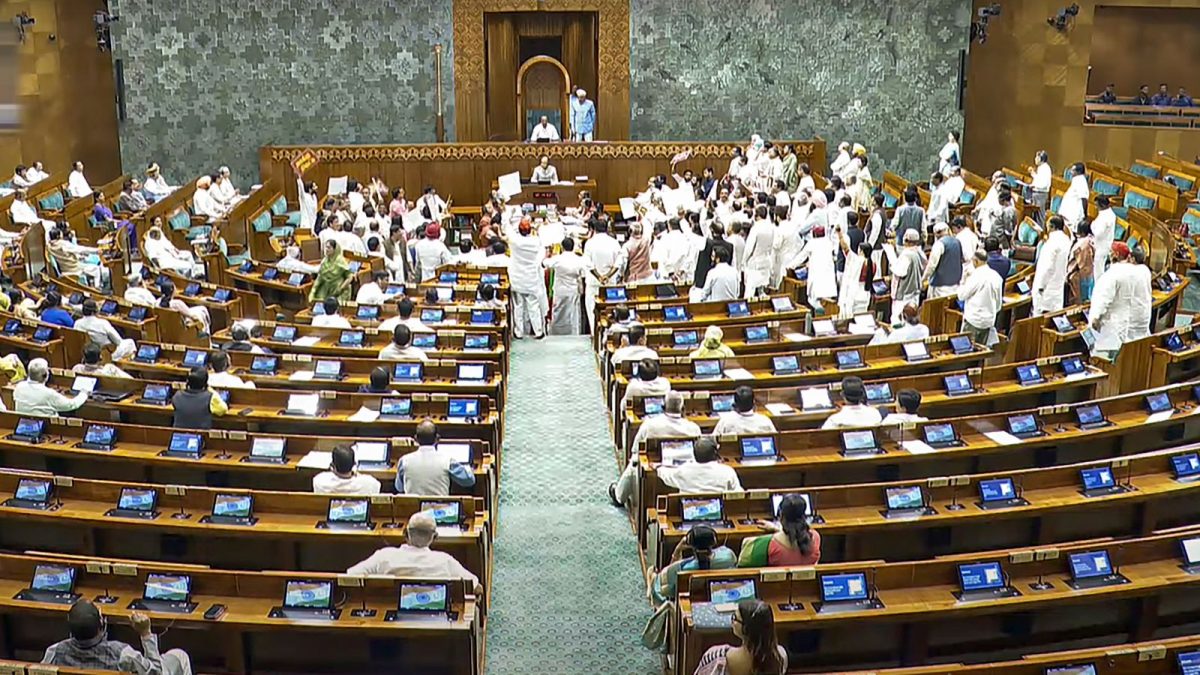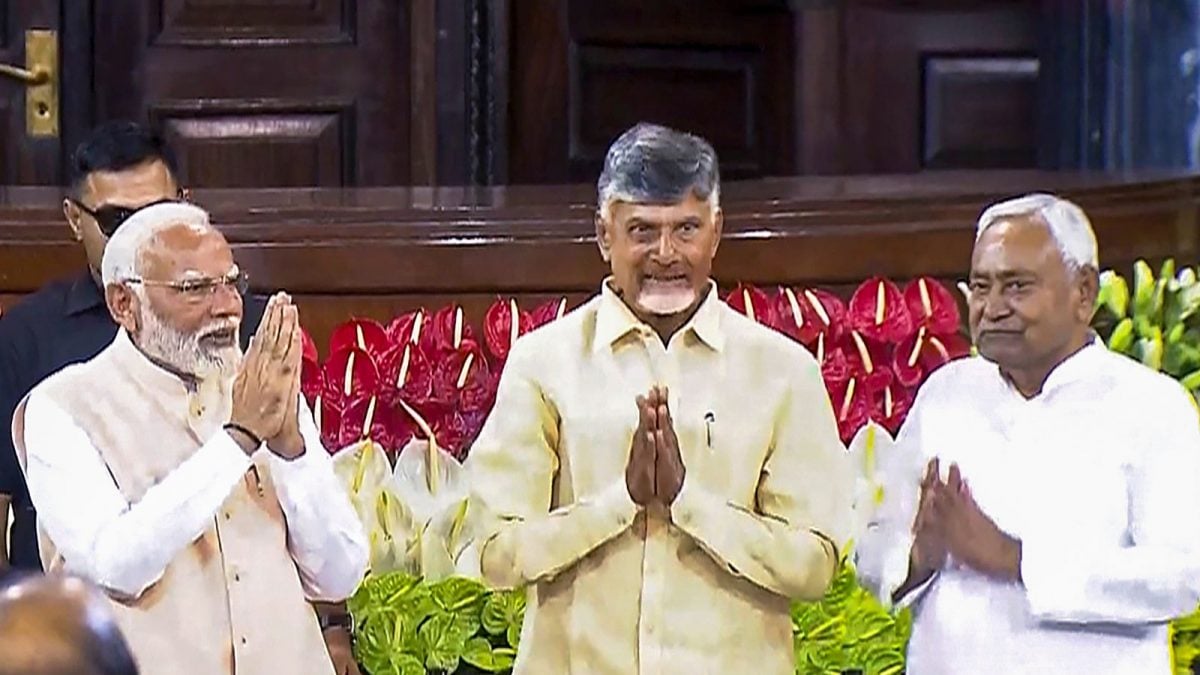ARTICLE AD BOX
Last Updated:August 20, 2025, 11:26 IST
Owaisi argues that the bills violate the principle of Separation of Powers, as they allow executive agencies to function as judge, jury, and executioner.

AIMIM MP Asaduddin Owaisi | File Image.PTI
AIMIM chief Asaduddin Owaisi has submitted a notice opposing the introduction of three bills listed by the Union Home Ministry in today’s business of the Lok Sabha. The sole AIMIM MP has objected to the Jammu & Kashmir Reorganisation (Amendment) Bill, 2025, the Government of Union Territories (Amendment) Bill, 2025, and the Constitution (One Hundred and Thirtieth Amendment) Bill, 2025, citing Rule 72 of the Rules of Procedure.
Owaisi argues that the bills violate the principle of Separation of Powers, as they allow executive agencies to function as judge, jury, and executioner. He points out that based on mere suspicion or allegation, a Minister or Chief Minister could be detained or removed without judicial trial, eroding the principle that punishment must follow conviction by an independent court.
He further contends that the legislation will undermine Parliamentary Democracy, as the automatic removal of Ministers on flimsy grounds would shift power from elected representatives to unelected bureaucrats and central agencies. This, he warns, makes governments accountable not to the people or legislatures, but to Union-controlled executive machinery.
Calling the bills a threat to effective governance, Owaisi notes that the fear of arbitrary detention would deter Ministers and Chief Ministers from discharging their constitutional duties. This, he adds, would embolden bureaucrats to resist legitimate directions, leading to administrative paralysis.
He also cited a breach of core constitutional principles, stressing that the amendments violate the doctrine of double jeopardy under Article 20, since Ministers could be punished twice—once by automatic removal upon allegation and again upon conviction. In the case of the Constitution Amendment Bill, he highlights that the principle of federalism, a part of the Constitution’s basic structure, is also at risk.
Summing up his objections, the AIMIM chief asserts that these bills weaken judicial safeguards, dilute parliamentary democracy, and undermine India’s federal framework by empowering unelected officials at the cost of elected representatives.
- Location :
- First Published:
August 20, 2025, 11:26 IST
News politics 'Threat To Effective Governance': Owaisi Objects To 3 Bills Including Constitutional Amendment
Disclaimer: Comments reflect users’ views, not News18’s. Please keep discussions respectful and constructive. Abusive, defamatory, or illegal comments will be removed. News18 may disable any comment at its discretion. By posting, you agree to our Terms of Use and Privacy Policy.
Read More



.png)
.png)
.png)
















 23 hours ago
4
23 hours ago
4









 English (US) ·
English (US) ·